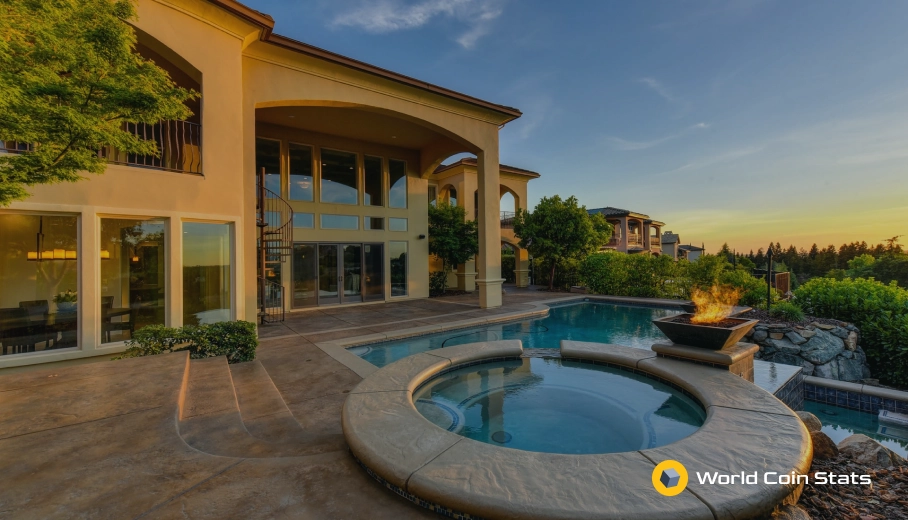The Different Types of Real Estate Investments
Would you like to invest in real estate? Maybe you don’t have the capital to invest in physical real estate but like the returns. Today there are many options to invest in real estate with or without a lot of capital.
If you can’t invest in physical real estate consider real estate trusts and real estate crowdfunding. You won’t earn the same returns you’d earn if you owned the real estate, but you can take advantage of the higher rates of return.
Real Estate Investment Trusts
Real estate investment trusts are shares of real estate that companies own. They trade on the stock exchange and give you access to actual real estate without the risk of owning and managing it. REITs must pay at least 90% of their income to shareholders annually.
You can trade REITs like you’d trade stock. This means if you need cash, you can cash in your investment and get your money. This differs from investing in physical real estate, which ties up your cash until you sell the real estate.
Crowdfunding Real Estate Investments
Real estate crowdfunding is like individual crowdfunding. Investors pool their money to invest in either debt investments or equity investments. Real estate crowdfunding often has a higher barrier to entry. Some platforms only allow accredited investors. But some platforms lower that barrier, allowing anyone to invest with much lower amounts.
Use caution as a non-accredited investor, though. You may invest in crowdfunded real estate that is illiquid, leaving your investment tied up for years, even in the face of an economic downturn. Make sure you research the crowdfunding platform and know its track record. Determine how long your money will remain tied up and invest only what you can afford to be without for that time.
Investing in Physical Real Estate
If you have the capital, investing in physical real estate offers decent returns. Like any investment, there are risks, especially when the real estate market suffers.
The types of physical real estate investments include:
- Fix and flip residential real estate – You can make money investing in residential real estate by buying a home, fixing it up and selling it for a profit (fix and flip). You must find undervalued properties that you can afford to fix up and still make a profit when selling it.
- Long-term rentals – You can buy a home or multi-unit property and rent it out to tenants. The rent is your cash flow while you hold on to the property. When you sell it, any money you earn over the original sales price is your capital gains.
- Vacation rentals – You can buy a home in a heavily traveled area and rent it out on sites like Airbnb. You can also rent out part of your own home, such as a separate living area or downstairs unit, even while living in the home.
- Commercial real estate – Buying commercial real estate property may earn you higher profits as businesses pay higher rents and have longer leases. You’ll need more capital to invest in most commercial real estate, but it can be a lucrative investment.
How to Invest in Real Estate
Real state investments have their barriers, whether investing in physical real estate or otherwise. Know the ins and outs of each investment when deciding what’s right for you.
Do you want the hassle of managing physical real estate yourself? Do you have the time, money, and energy to manage the property itself? If you can’t handle the maintenance and repairs, do you have the money to pay someone to handle them for you? Will you still make a profit after paying for the home or business’s upkeep, management, taxes, and insurance?
If you don’t want the hassle of physical real estate, but want the returns, consider a real estate investment trust or crowdfunding. If you’re an accredited investor, you’ll have more real estate investment options, but accredited or not, they all have risks.
Determine your risk tolerance and choose the real estate investment carefully. Think of the risk of loss and if you can stand a complete loss, as it happens in real estate. If you can’t, consider a REIT and only invest a portion of your portfolio in real estate while diversifying in other areas too.




